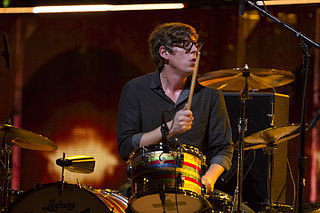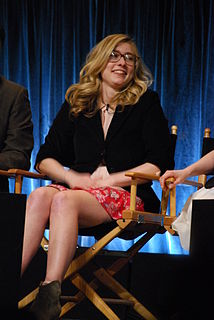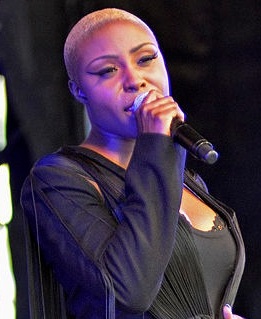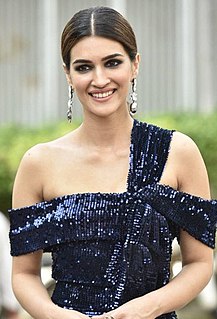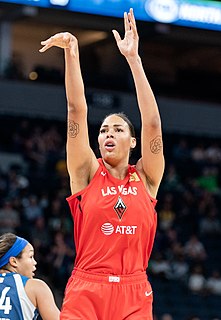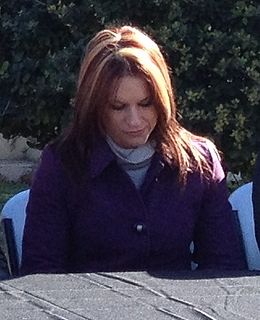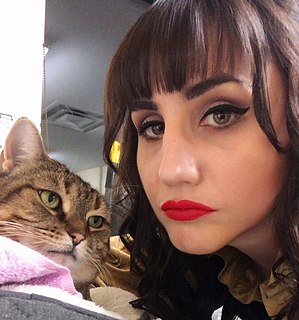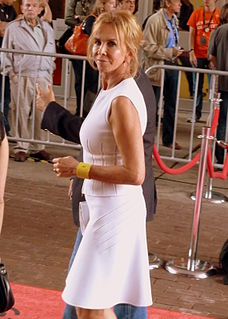A Quote by Cassie Ventura
Unfortunately, music is a male-dominated industry. It's not that there aren't plenty of women working in the industry, it's just, the higher up you go... it's like how women who play in the WNBA make so little, compared to men in the NBA.
Related Quotes
Today, although as a whole, the industry is still male-dominated, more women are drawing comics than ever before, and there are more venues for them to see their work in print. In the 1950s, when the comic industry hit an all-time low, there was no place for women to go. Today, because of graphic novels, there's no place for aspiring women cartoonists to go but forward.
People don't care what men wear or how they look. Unfortunately for women, the music industry is very visual and objectifying. The objectification of our bodies and using our bodies to sell things needs to change. A lot of this marketing stuff comes from men, so we definitely need more women behind the scenes.
Sport industry is not women versus men. My biggest champions a lot of the times in my career have been those men. Not that women necessarily wouldn't, but if there are no women in the room and the door is locked, it takes a guy to unlock the door for you and let you in. We have to get better at working together in that regard, as opposed to feeling like we need to crash the door down. You don't need to bring out the ax; sometimes you can just knock. And sometimes guys will open the door for you, but for so many women who felt like they had to fight so hard, we forget that they may be allies.

